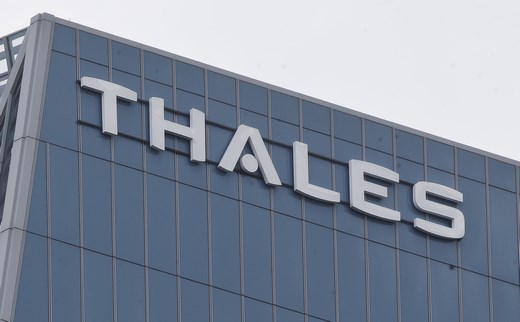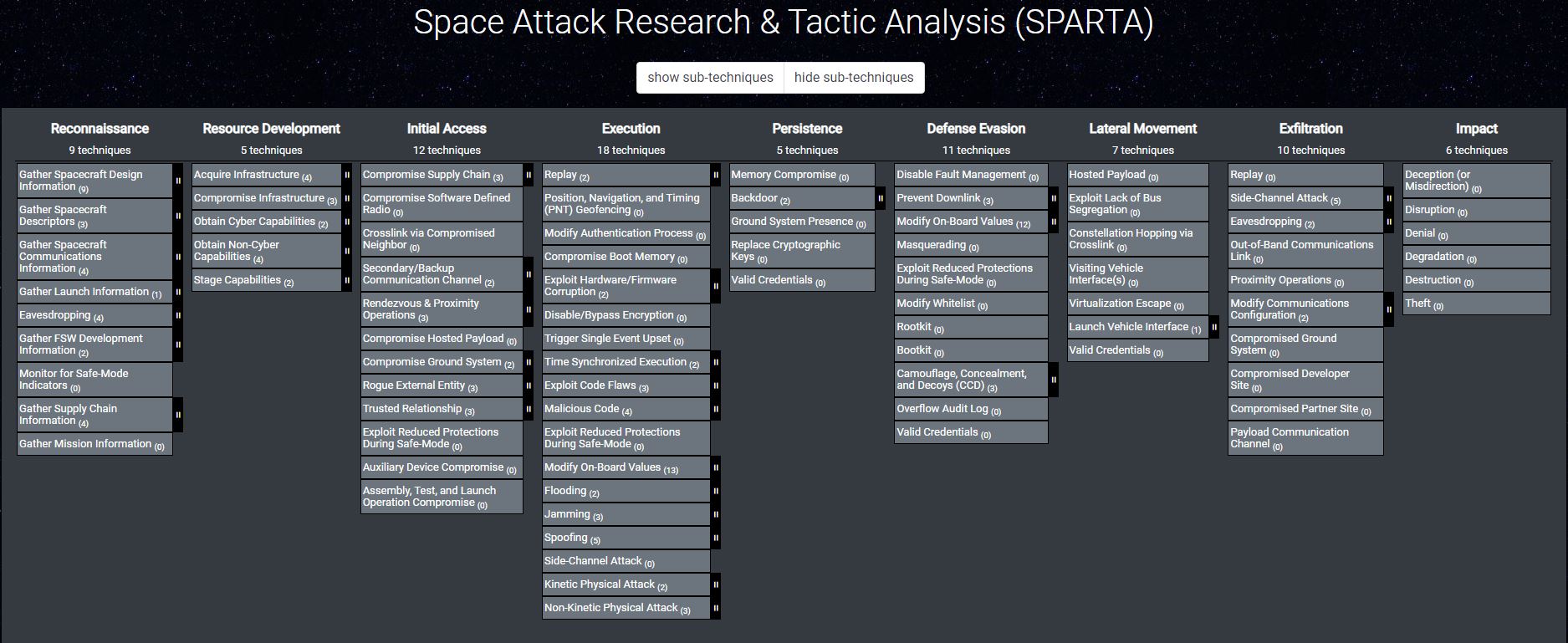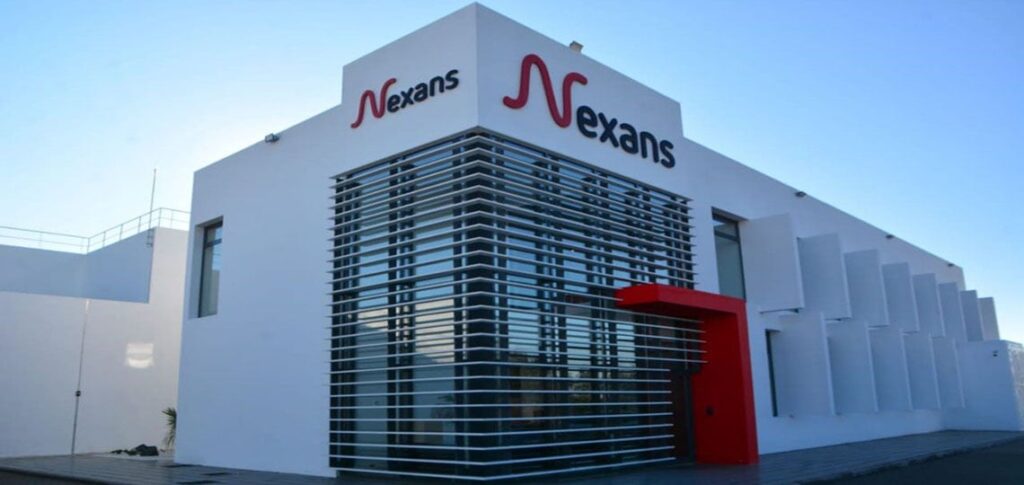In the face of an unprecedented crisis in the space sector, Thales is compelled to reassess and adapt its strategies to revitalize its operations. Opportunities and challenges intersect in a rapidly changing environment where competition is intensified by giants like Starlink. To remain relevant, the group is committing to a significant reorganization, announcing the elimination of 1300 jobs and redirecting skills towards growing segments such as defense and military applications. As the telecommunications satellite market experiences a drastic decline, well over halved, Thales is leveraging its expertise to support ambitious projects such as Iris², a constellation designed to meet the needs of European sovereignty in the face of American dominance. In this quest for productivity and innovation, exploratory discussions with Airbus suggest potential collaboration opportunities. Thus, European sovereignty becomes a driving force, prompting Thales to focus on promising segments while ensuring that the transition is managed carefully to preserve its human resources.

Thales, a major player in the technology and innovation industry, faces significant challenges in the space sector. With the increasing competition from satellite constellations like SpaceX’s Starlink and the crisis in the geostationary telecommunications satellite market, the company must adapt and reinvent its operations to remain competitive. The strategies implemented by Thales aim not only to maintain its existing operations but also to explore new opportunities, particularly through the development of innovative projects and cost reduction.
Table des matières
ToggleAdaptation to Changes in the Space Market
To respond to the decline in orders and the collapse of the market, Thales recognizes the need to adapt its business model. According to Patrice Caine, CEO of Thales, “the telecommunications satellite market has been halved, so we must adapt to its reduced size.” This reality has prompted Thales to reassess its priorities, resulting in a overhaul of its operations and a redistribution of its resources. The company announced in March 2023 the elimination of 1300 jobs, nearly a thousand of which will be in France, to support the improvement of the profitability of its space operations.
Despite this reduction in workforce, Thales plans to redirect the skills of affected employees towards growing sectors, such as defense, cybersecurity, and digital services. This internal mobility is a key strategy to preserve the necessary expertise and avoid a loss of critical skills. The group aims to ultimately regain its position as a leader in the space sector by innovating in projects like Iris², a program designed to meet the increasing demand for broadband connectivity through a constellation of satellites.
Exploration of New Segments and Partnerships
In addition to addressing immediate challenges, Thales is proactively exploring promising segments that could represent alternative sources of revenue. The company is focusing its efforts on projects such as military space applications and contracts with major institutions, which ensure a constant demand for technology and innovation. In a rapidly changing sector, this repositioning appears essential to anticipate future customer needs.
Thales has also initiated exploratory discussions for a partnership with Airbus, a potential collaboration that could enhance Thales’s ability to compete effectively in the market. This synergy could not only provide greater production scale but also promote technology sharing, which is essential for developing new solutions in the space sector. By joining forces, the two companies could create solutions tailored to market developments and respond more effectively to the growing demand for space communication technologies.
Technological Innovation and Sustainability
As Thales confronts major challenges, innovation remains at the heart of its concerns. Projects like Iris² illustrate Thales’s commitment to European technological sovereignty and its capacity to develop competitive solutions in the face of entities like Starlink or Kuiper, the constellation launched by Amazon. By integrating advanced technologies and a long-term vision, Thales aims to not only catch up but also position itself as a leader in the market.
Sustainability also plays a crucial role in revitalizing space operations. Thales is committed to minimizing the environmental impact of its activities while advocating for an eco-responsible space. For example, space traffic management is becoming a major challenge for maintaining a viable space ecosystem. Thales collaborates with international organizations to define common requirements for coordination and traffic management, thereby ensuring responsible use of space resources.
The integration of sustainable practices is not only a social requirement; it also proves to be a key factor in attracting customers concerned about their ecological footprint. Thales demonstrates that it is possible to combine innovation and environmental responsibility to address emerging concerns in the sector.
To enhance its capabilities, Thales is also focusing on digital services and cybersecurity, which is an essential competence in the current context where the protection of data and infrastructures becomes paramount. Thales’s expertise in the cybersecurity of space systems allows it to secure its operations and strengthen the trust of its partners.

FAQ on Thales’s Strategies in the Space Sector
What are the main challenges faced by Thales in the space sector? Thales is facing the market crisis of telecommunications satellites, exacerbated by the arrival of constellations like Starlink, as well as a fall in orders.
What is the impact of the crisis on employment at Thales? The company has announced the elimination of 1300 jobs, nearly half of which will be affected in France by 2025.
Does Thales have plans to improve its profitability in the space sector? Yes, the group aims to restore its profitability within about ten years by redeveloping its activities and adapting to market decline.
What segments are considered promising for the future of Thales? Thales is focusing on projects such as Iris², the Internet satellite constellation, and other military space applications that are expected to boost demand.
How does Thales plan to utilize the redeployment of staff? The majority of staff affected by the cuts will be relocated within the group to growing activities, particularly in defense.
What costs does Thales plan to reduce in the short term? Thales plans to reduce its costs by completing a cycle of major investments in its new generation of satellites, Space Inspire.
Are there discussions for a partnership with Airbus? Yes, exploratory discussions have taken place regarding a potential rapprochement between Thales and Airbus, although these are not yet finalized.
What is Thales’s goal regarding its future revenue? Thales aims to achieve turnover of over 25 billion euros by 2028, capitalizing on its other activities such as defense and cybersecurity.





